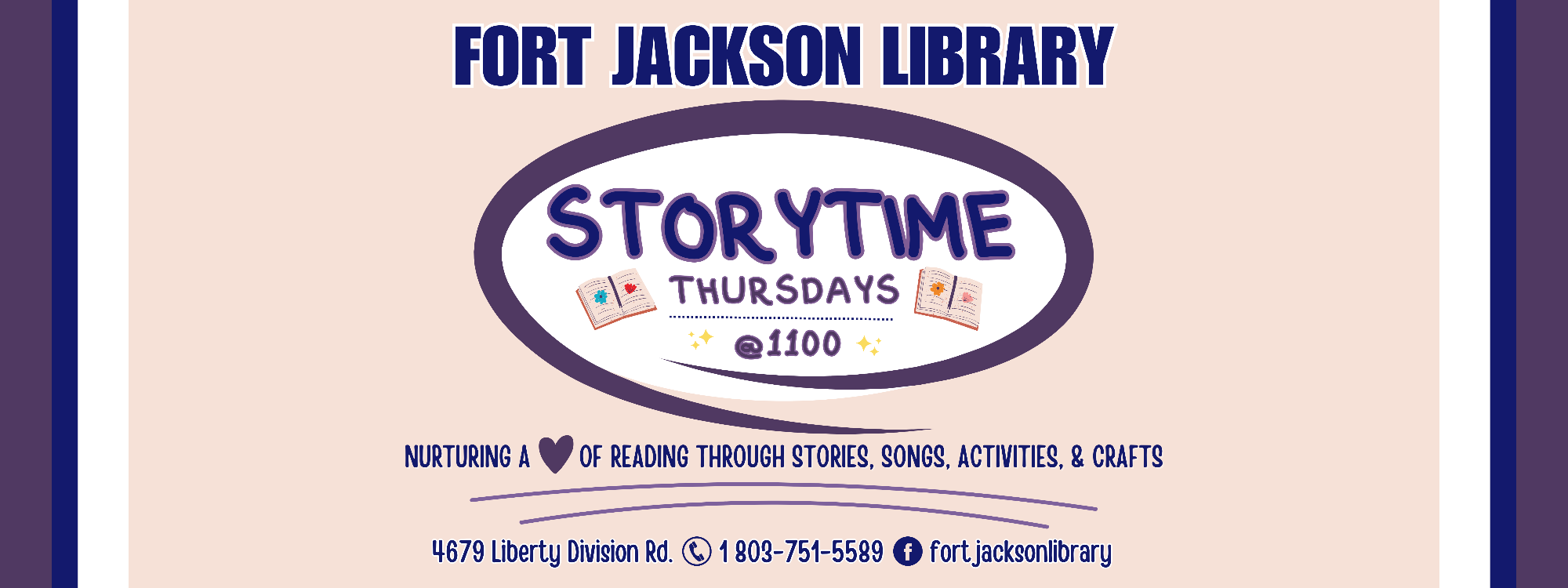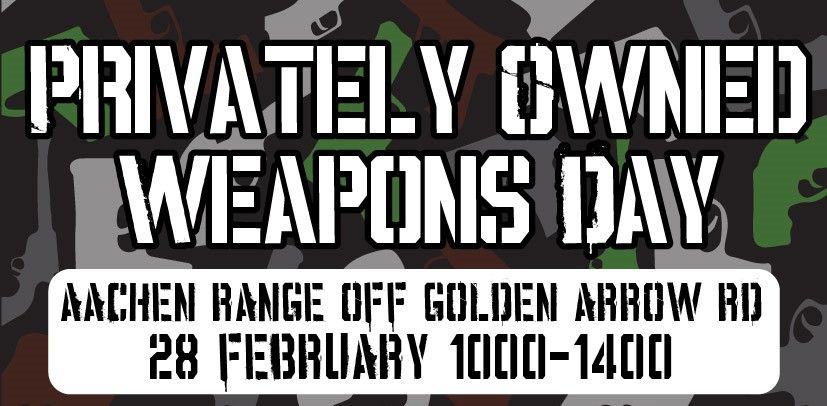- Command and Troop Education
- Community Awareness
- Conflict Resolution
- Couples Communication Skills
- Stress Management
- Prevention Programs and Services
- New Parent Support Program
- Parent Education
- Domestic Violence Prevention
- Victim Advocate Program
- Relationship Support
- Safety Education
- Respite Care Program
- Emergency Placement Care Program
- Reporting Procedures
- CONUS: +1(800) 342-9647
- OCONUS: 00-800-3429-6477
- Collect with operator assistance OCONUS: +1(484) 530-5908
- Family Advocacy Classes
-
Stress Management
Stress — you can handle it, a stress, and relaxation class. The class focuses on individual learning techniques to manage stressors, identify, and decrease triggers of anger, and learn relaxation exercises. This class is the second Tuesday of each month, from 11 a.m. to noon. A class certificate of attendance will be provided upon completion. To register, please call +1 (803)751-5256.Anger Management; Learn to choose effective methods to handle anger.
Learn your triggers to anger and to manage your anger effectively. The class is the second Thursday of each month from 11 a.m. - 12 p.m. A class certificate of attendance will be provided upon completion. For more information please call +1 (803)751-5256.Baby Basics
Baby Basics is a workshop for expecting parents. You will learn the basics of taking care of infants including: handling, diapering, dressing, bathing, safety concerns, feeding, when baby is sick, and postpartum care. Participants will receive a baby bundle. To register, please call +1 (803)751-5256.Healthy Relationships Class
Building a healthy relationship does not develop overnight. It takes cultivation and commitment. In this class, topics discussed will include open communication, handling conflict, the role of independence and respect, and how to recognize, grow, and maintain healthy relationships. The class is held the first Tuesday of each month from 11 a.m. to noon. Join us and bring your lunch. We can also bring this class to your unit. Please call +1 (803)751-5256 for more information. - New Parent Support Program
-
The New Parent Support Program (NPSP) promotes healthy Families through a variety of services including home visits, support groups, and parenting classes. We help Soldiers and Families learn to cope with stress, isolation, post-deployment reunions, and the everyday demands of parenthood. Army Families who are expecting a child or who have children up to age three can participate in all of our services confidentially and free of charge. For additional information call +1 (803)751-5256 or email ACS.
Each installation has developed unique New Parent Support Program services that include:
- Home visits: Scheduled at your convenience, home visits bring you education and reassurance right to your own home on many topics, including breastfeeding, sleeping, nutrition, potty training, age-appropriate discipline, developmental screenings, sibling rivalry, stress management, deployment issues, and time management. NPSP-Home Visitors are supportive and caring licensed clinical social workers (LCSWs) or registered nurses (RNs). They have extensive experience working with young children and are sensitive to your unique challenges as a military Family.
- Expectant Parent Workshop: Helps to provide valuable information about pregnancy and postpartum health, basic infant care, infant massage, parenting skills, safety, discipline, stress management, deployment issues, and community resources.
- Play groups: Scheduled regularly at installations, they help children learn through play in a supportive atmosphere that benefits parents as well. Activities include story time, crafts, and music.
Contact your installation Army Community Service (ACS) Family Advocacy Program for more information. You can also call Military OneSource for more information and referrals (CONUS: +1 (800)342-9647; OCONUS: 00-800-3429-6477; To call collect with operator assistance OCONUS: +1 (484)530-5908.
- Fort Jackson Juvenile Curfew and Child Supervision Matrix
- Victim Advocacy Program
-
The Victim Advocacy Program helps empower victims of sexual assault and intimate partner violence (IPV) to make decisions that can improve their quality of life. Victim Advocates provide victims with information on their rights, provide emergency shelter, establish safety planning, file for protection orders, assist with child care costs, and accompany victims to court proceedings and /or meetings with lawyers, police officers, and command. In addition they can make referrals to local resources for a variety of needs. Victim Advocates are not attorneys and cannot provide legal advise. Information on obtaining an attorney can be provided. For more information or support services contact a Victim Advocate at +1 (803)429-4870.
Restricted Reporting:
Restricted reporting allows an adult victim of IPV to disclose the details of his or her abuse to specifically identified individuals. Upon doing so, a victim can receive medical treatment and victim advocacy services without requiring that notice be given to the victim’s or alleged offender’s commander or law enforcement.
Victims who desire restricted reporting must report to one of the following specified individuals:
- Victim Advocate
- Victim Advocate Supervisor
- Healthcare Provider
Disclosure of domestic abuse to persons other than those covered by this policy may result in an investigation of the allegations by law enforcement and clinical intervention from FAP. There are exceptions to this policy; for more information call +1 (803)751-5256.
Unrestricted Reporting:
Victims of IPV who want to pursue an official investigation of an incident should use current reporting channels, e.g. chain of command, Family Advocacy Program, or law enforcement. Upon notification of a domestic abuse incident, victim advocacy services and Family Advocacy Program clinical services will be offered to the victim.
- How To Stay Safe
-
Safety During an Explosive Incident or When Preparing to Leave
Go to an area that has an exit.
Not a bathroom (near hard surfaces), kitchen (knives), or near weapons.Stay in a room with a phone.
Call 911, a friend or a neighbor, if possible. Inform them if there are weapons in the home.Know your escape route.
Practice how to get out of your home safely. Visualize your escape route.
Have a packed bag ready.
Keep it hidden in a handy place in order to leave quickly, or leave the bag elsewhere if the abuser searches your home. Have money, keys, and important documents in this bag. (See list below)Devise a code word or signal.
Tell your children, grandchildren or neighbors so you can communicate to them that you need the police.Trust your judgment.
Consider anything that you feel will keep you safe and give you time to figure out what to do next. Sometimes it is best to flee, sometimes to placate the abuser-anything that works to protect yourself and the children.Know where you are going.
Plan where you will go if you have to leave home, even if you don’t think you’ll need to.Open a Checking/Savings Account:
This should be done in a different banking institution than the one where you and your partner banked together and should only be opened in your name. If you have an order of protection make sure they have a copy of it and are aware that your partner is not authorized any kind of access to your account.
Safety When Preparing to LeaveLeaving Can Be the Most Dangerous Time!
Victim Advocates can assist you with temporary shelter and obtaining an order of protection. Make sure it is a place that can protect you and your children or grandchildren.Cell phone use.
Depending on the type of phone you have the offender can obtain access to calls, texts, and your location. You will need to turn the locator off on the phone or buy a trac phone giving the number only to people you trust. This applies to tablets as well.If you are in a dangerous situation, CALL 911!!!!
Call a domestic violence victim service program:
Columbia, SC Sister Care: 24 Hour Crisis Line +1 (803)765-9428
Ft. Jackson Victim Advocate: 24 Hour On-Call Phone +1 (803)429-4870
Family Advocacy Program Office 8 a.m. - 5 p.m., Monday-Friday, +1 (803)751-5256
Other Precautions
Leave money, extra keys, copies of important documents and clothing with friends or co-workers in advance, so you can leave quickly, if necessary. Inform your employer if there is an order of protection in effect. Change your routes and shopping habits if necessary. Avoid status updates on social media, for example, Facebook.Items to Take When Leaving
If I decide to leave my abuser, it is important to take certain items with me. I may also want to give an extra copy of papers and an extra set of clothing to a friend just in case I have to leave quickly. Items on the following list are the most important to take. If there is time, I might take other items or store them somewhere outside my home so I can get to them easily. - Whom to Contact if You Need Help
-
Family Advocacy
Fort Jackson Office
9810 Lee Rd.
Tel. +1 (803)751-525624 hour Domestic Violence +1 (803)429-4870
Program Phone Victim Advocate +1 (803)751-5256 Child Abuse +1 (800)422-4453 Chaplains Family Life Center +1 (803)751-4542 Military Police +1 (803)751-3113 or +1 (803)751-911 Rape Crisis Hotline +1 (803)771-7273 Social Work Services Counseling
7th Floor Moncrief Army Community Hospital+1 (803)751-2216 or+1 (803)751-2235 Staff Judge Advocate +1 (803)751-4287 Sister Care (24-hour Crisis Hotline) +1 (800)637-7606 or+1 (803)765-9428 Military One Source +1 (800)464-8107 Community Mental Health +1 (803)751-5183 Alcohol/Drug Program +1 (803)751-6597 or+1 (803)751-5007 Army Community Service +1 (803)751-5256 Criminal Investigation Division +1 (803)751-7664 South Carolina Department of Social Services (SCDSS) +1 (888)227-3487

The U.S. Army Family Advocacy Program (FAP) helps Soldiers and Families recognize and meet the unique challenges of military lifestyles. Our services include seminars, workshops, counseling, and intervention to help strengthen Army Families, enhance resiliency and relationship skills, and improve quality of life.
We are also dedicated to helping Soldiers and Families with the complex challenges related to domestic abuse, child abuse, and neglect. We focus on prevention, education, prompt reporting, investigation, intervention, and treatment.
If you need help, please call the National Domestic Violence Hotline at + 1(800)799-7233. You should also contact your installation’s Family Advocacy Program for more information.
Our additional programs within the Family Advocacy Program help with specific needs:
New Parent Support Program (NPSP): Expecting parents and parents with children ages 0-3 have special challenges, and NPSP has tools to meet them. Programs including home visits and parenting classes help caregivers learn to cope with stress, isolation, deployments, reunions, and the everyday demands of parenthood.
Transitional Compensation (TC) Program for Abused Dependents: Under a congressionally mandated program, abused dependents of military personnel may be eligible for up to three years of benefits and entitlements, including temporary financial compensation, medical care, and commissary and exchange privileges.
Victim Advocacy Program (VAP): Victims of domestic violence and sexual abuse have round-the-clock access to services, including emergency assistance, information, referrals, and ongoing support in accessing medical, behavioral health, legal, and law enforcement services on and off garrisons. Victim Advocates will discuss the option of restricted and unrestricted reports.
Seminars and Workshops
Seminars and workshops are available to you, your unit, or your Family support group. Topics may include:
Contact your installation’s Army Community Service (ACS) Family Advocacy Program for more information.
You can also call Military OneSource for more information and referrals.


